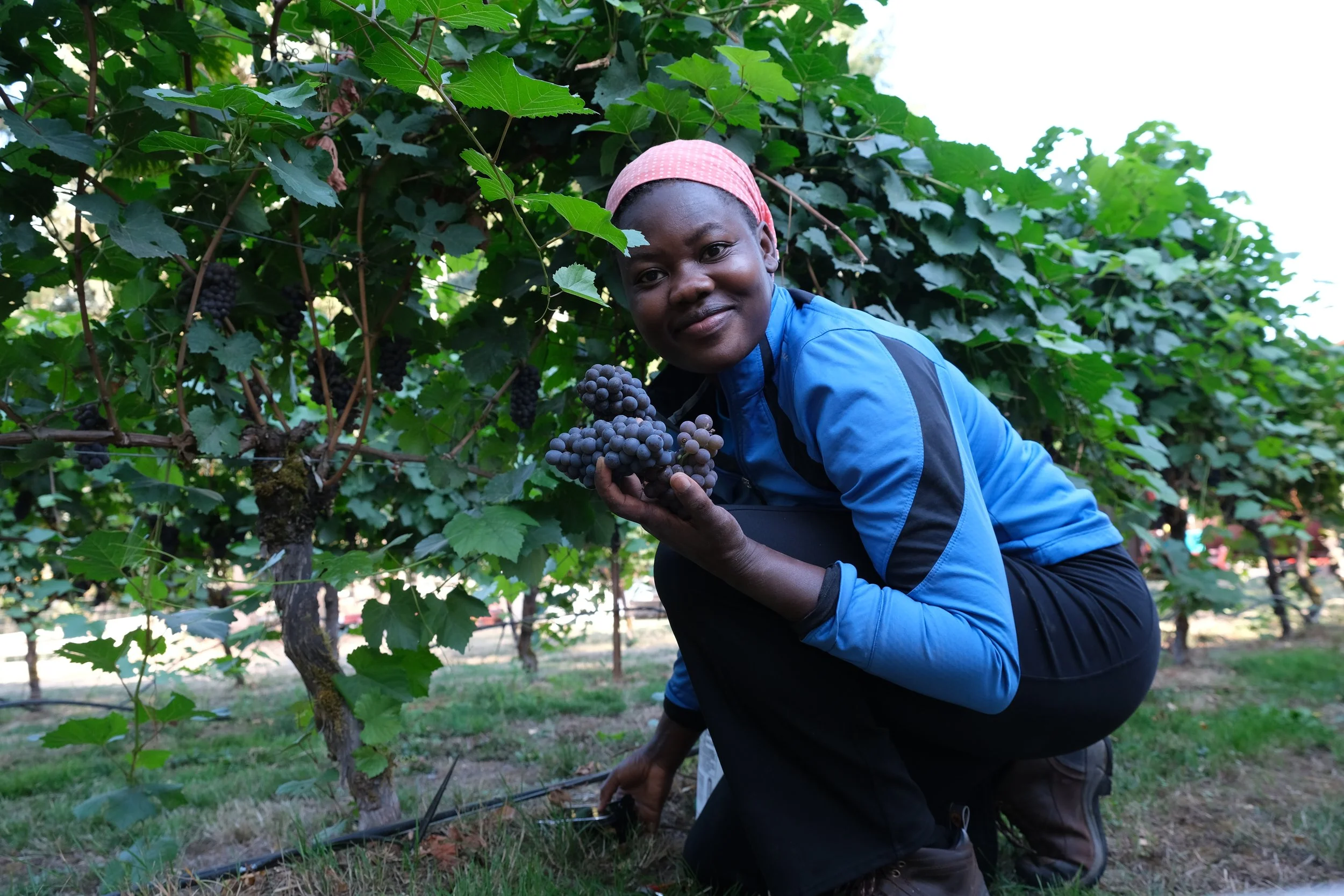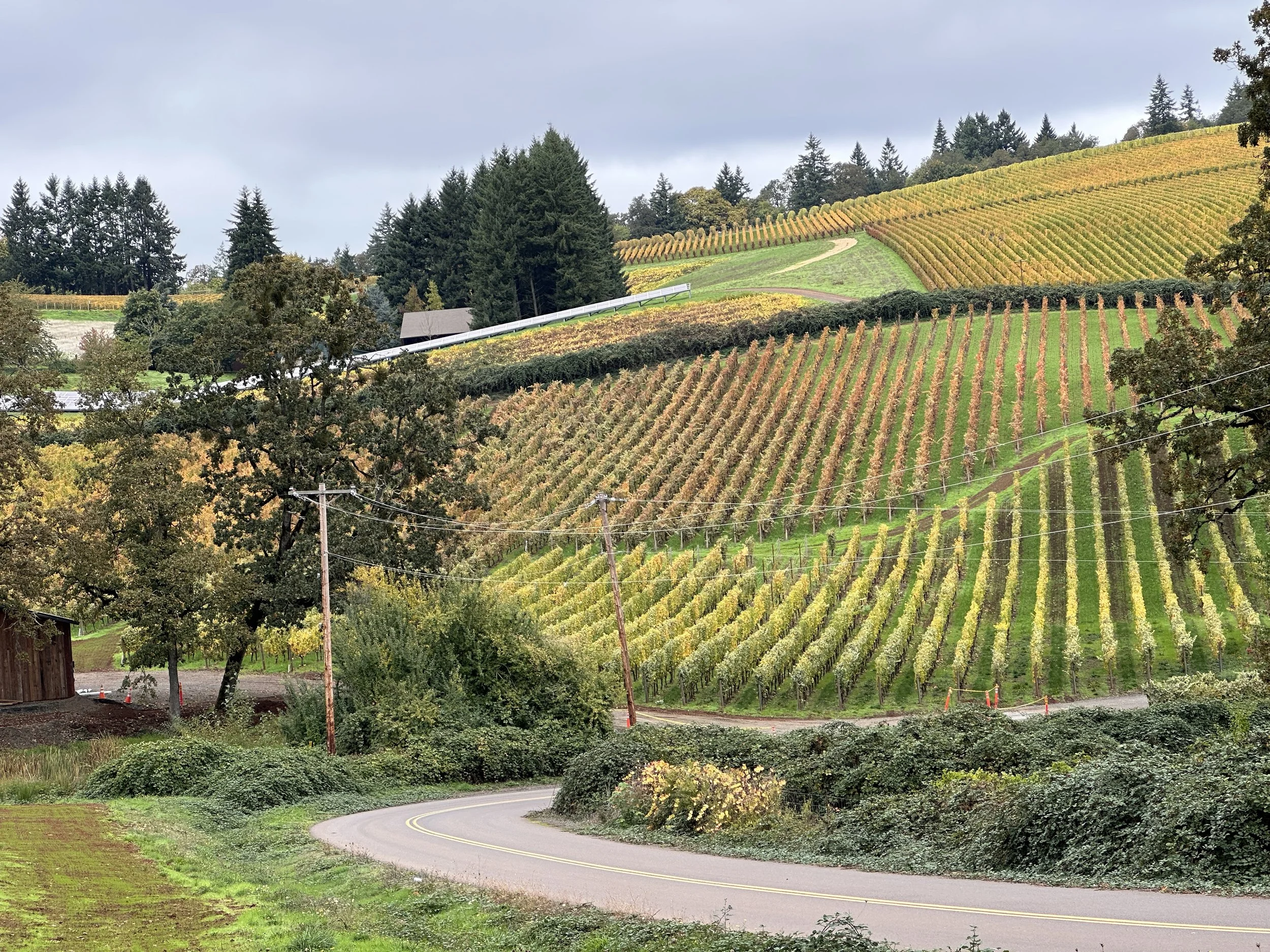A Winemaker in the Making?
harvesting pinot gris at Remy Wines
I completed my first harvest season at Remy Wines in the Willamette Valley, Oregon for vintage 2023. My goodness! This was an incredibly meaningful and impactful experience. Working with a small but mighty team of four people, was exactly the type of hands-on learning that I wanted to invest my time on, for myself and my work as The Wine Linguist.
Remy Wines is truly a micro production winery (2,500 total cases across all varietals made each year). For a world-renowned wine region known for Pinot Noir, Remy is quite unique in Oregon. At Remy Wines you’ll find wines made from Italian and other “old world” varietals such as Nebbiolo, Sangiovese, Dolcetto, Lagrein, Tempranillo, Malbec, and Carmenere for red wine, and Arneis, Pinot Gris, and Auxerrois for white wine.
As much as I tried to prepare myself mentally for harvest, I could not have anticipated how difficult, exhausting, and time consuming work winemaking truly is. The physical toll on your body is something akin to going to the gym for the first time and working out with weights you have no business touching. Your muscles feel over exerted for the majority of harvest.
I was told by many winemakers that there is really no way to prepare for harvest in any given year. Rather that winemaking is all about knowing how to pivot at any moment. Weather, climate, nature, science and plenty of unforeseeable situations can change your perfectly laid out plan of the day or week or month. Rain is coming—do you pick the fruit now or wait after the rain? Power’s out—how do you process the fruits coming in? The de-stemmer elevator just broke mid process—do you load the de-stemmer by hand? That wine has stopped fermenting—do you reinoculate? That fermenter is leaking—how do you stop it from loosing a lot of wine? etc, ect, etc. Years of experience in winemaking teaches you how to pivot and make the best decision based on what you know.
Most of what I knew before working in a cellar were from books and whatever little I had learned from winery representatives during my years as a sales consultant. Without the full context, which really can only come from working harvest, you cannot possibly understand the level of work required to make wine.
After 3 months at Remy Wines, I can confidently say that I understand this work physically, emotionally, and mentally. Which is not to say that I understand it all enough to make my own wine next year; for that I require a few more harvest and cellar work. What I left with was a deeper understanding of the immense work that goes into making wine, thanks to Remy + Matt.
Am I a winemaker in the making? I would like to think so!
What I learned during this harvest was more than I could have imagined and has only added energy and motivation to my mission to shift the language and culture of wine through the lens of agriculture and people. Wine is about agriculture and people.
A favorite view of mine in Dundee Hills



